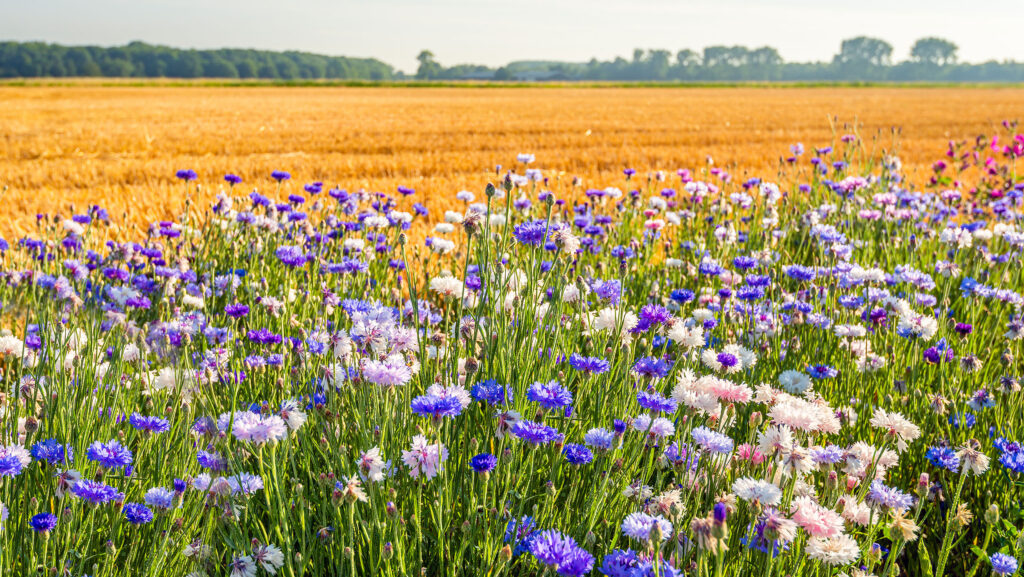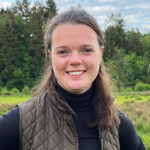Opinion: Why ‘versus’ is an overused word in agriculture
 © Adobe Stock
© Adobe Stock During a panel at Groundswell, one curious audience member pointed my way and asked “I’d like to know who in this tent thinks that all of the UK should rewild like Knepp?”
Before he could conduct his straw poll, I replied that I seriously doubted that anyone, myself included, would be voting for that.
As we all know, we need many different things from our precious land – functioning ecosystems, thriving biodiversity, nutritious food, clean water in the right quantities, houses that support communities, renewable energy and infrastructure networks, to name a few.
See also: Opinion – it’s time to chew the fat on our food systems
I have lost count of the number of times people ask me “what about food production?” when I say I work for a rewilding project.
There is an implicit assumption that because I work in nature restoration I’m not interested in food production. This couldn’t be further from the truth.
Not only do I love eating, but I started working in natural capital because I wanted a job that focused on making food systems better.
But why is it so radical to declare belief in both food and nature? It’s because we are obsessed with the word “versus”
Resilient food production relies upon well-functioning ecosystems.
But why is it so radical to declare belief in both food and nature? It’s because we are obsessed with the word “versus”.
Food versus nature, farmers versus environmentalists, rewilding versus conservation, organic versus regenerative, nature versus growth, houses versus newts, land sparing versus land sharing, Schöffel versus Ridgeline.
In discussions about land use, we love to reduce the options to A versus B and these ideological contests are encouraged by our clickbait-fuelled media.
But anyone who’s made any decisions about how we use land will know it’s rarely that simple and it’s never black and white.
We are doing land a disservice if we think it can be boiled down to this or that.
The joy of our sector is that it is deeply complex.
Learning about different geologies, hydrologies, histories, habitats, cultures and climates is what makes our job so interesting.
Using these contexts to inform our decisions – helping us deduce what we could, should and will do – is landscape-led management at its best.
Working between our home farm and Knepp, just an hour apart but on totally different soil types, has taught me the importance of context, and that one size never ever fits all.
Pitting things against each other takes away all the nuances. It also turns things confrontational, tribal even.
It’s tricky enough to work out how best to manage our land without in-fighting.
So, what’s the solution? How can we have more constructive conversations about land?
Land Use Framework
First, we need to acknowledge that land management is rarely binary, instead we need to see in different shades, in spectrums and continuums.
We need to get under the skin of what’s happening and why, ask questions, be curious rather than combative.
Second, we need to get better at talking about land.
That’s where the government’s proposed Land Use Framework (LUF) comes in, as it’s the opportunity to hold positive, place-based discussions.
Done well, the LUF will move us away from buzzword-filled defensive arguments and enable us to articulate the full value of what land can do for us and, importantly, how our sector can help government fulfil its numerous targets on nature, climate, health and growth.
To the man who wanted the straw poll, I hope I’ve answered your question – it’s never that black and white, it’s always 50 shades (or more).

